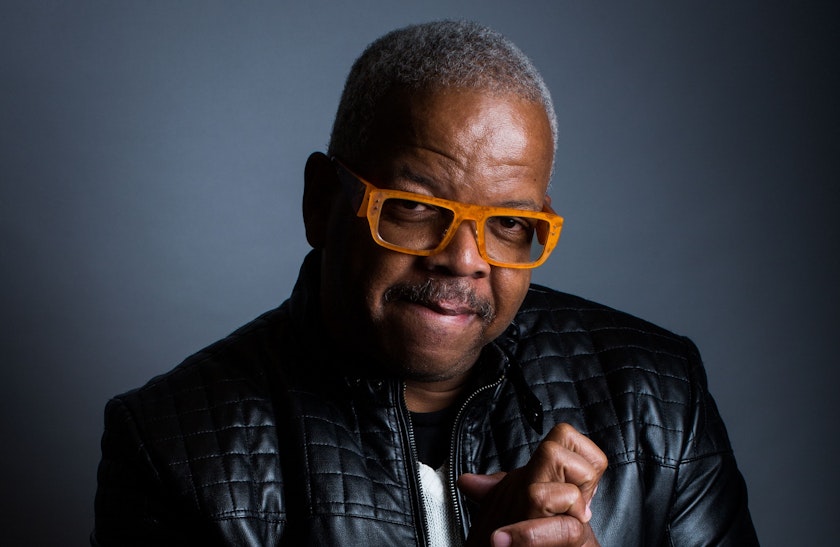Terence Blanchard

From his expansive work composing the scores for Spike Lee films ranging from the documentary 4 Little Girls to the epic Malcolm X, as well as his own discography of recordings such as A Tale of God’s Will (A Requiem for Katrina), 2018 USA Fellow and five-time Grammy-winning trumpeter/composer Terence Blanchard has been a consistent artistic force for making powerful musical statements concerning painful American tragedies – past and present. With his current quintet E-Collective he addresses the staggering cyclical epidemic of gun violence in this country with his new album Live, 7 powerful songs recorded live in concert that both reflect the bitter frustration of the conscious masses while also providing a balm of emotional healing. With a title that carries a pointed double meaning, the album is an impassioned continuation of the band’s GRAMMY-nominated 2015 studio recording, Breathless.
Terence Oliver Blanchard began playing piano at age 5, and later trumpet beginning in summer camps alongside his childhood friend Wynton Marsalis. While studying jazz at Rutgers University, Blanchard was invited to play with the Lionel Hampton Orchestra in 1982 before Marsalis recommended him as his replacement in Art Blakey’s Jazz Messengers. Following a string of collaborative recordings, he released his first self-titled solo album on Columbia Records in 1991, leading to a string of acclaimed often conceptual works and over forty movie scores, primarily feature films and documentaries for director Spike Lee, including HBO’s 4-hour When the Levees Broke: A Requiem in Four Acts.
Regarding his consistent attachment to artistic works of conscience, Blanchard confesses, “You get to a certain age when you ask, ‘Who’s going to stand up and speak out for us?’ Then you look around and realize that the James Baldwins, Muhammad Alis and Dr. Kings are no longer here…and begin to understand that it falls on you. I’m not trying to say I’m here to try to correct the whole thing, I’m just trying to speak the truth.” In that regard, he cites unimpeachable inspirations. “Max Roach with his ‘Freedom Now Suite,’ John Coltrane playing ‘Alabama,’ even Louis Armstrong talking about what was going on with his people any time he was interviewed. Herbie Hancock & Wayne Shorter who live by their Buddhist philosophy and try to expand the conscience of their communities. I’m standing on all of their shoulders. How dare I come through this life having had the blessing of meeting those men and not take away any of that? Like anybody else, I’d like to play feel good party music but this album is about the reality of where we are.”